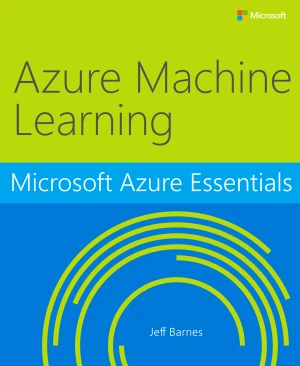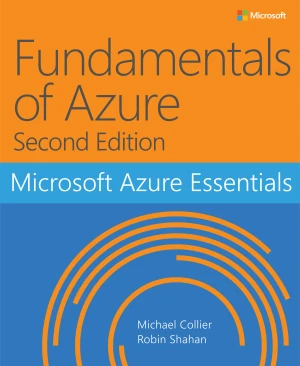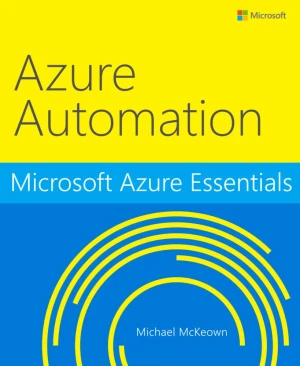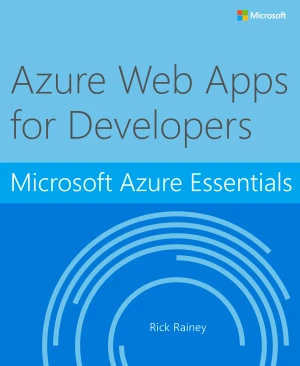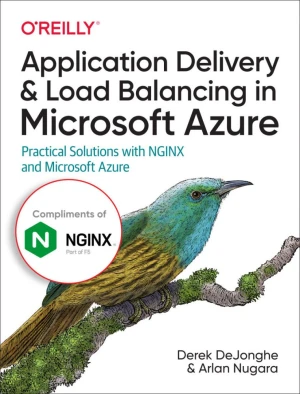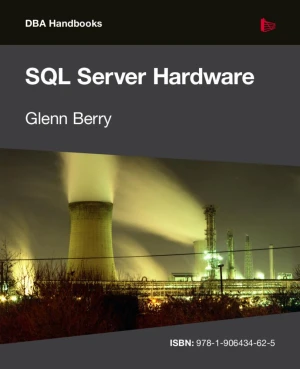Migrating SQL Server Databases to Azure
Microsoft Azure Essentials
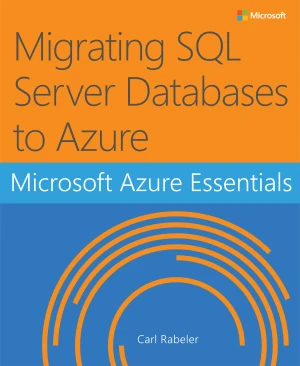
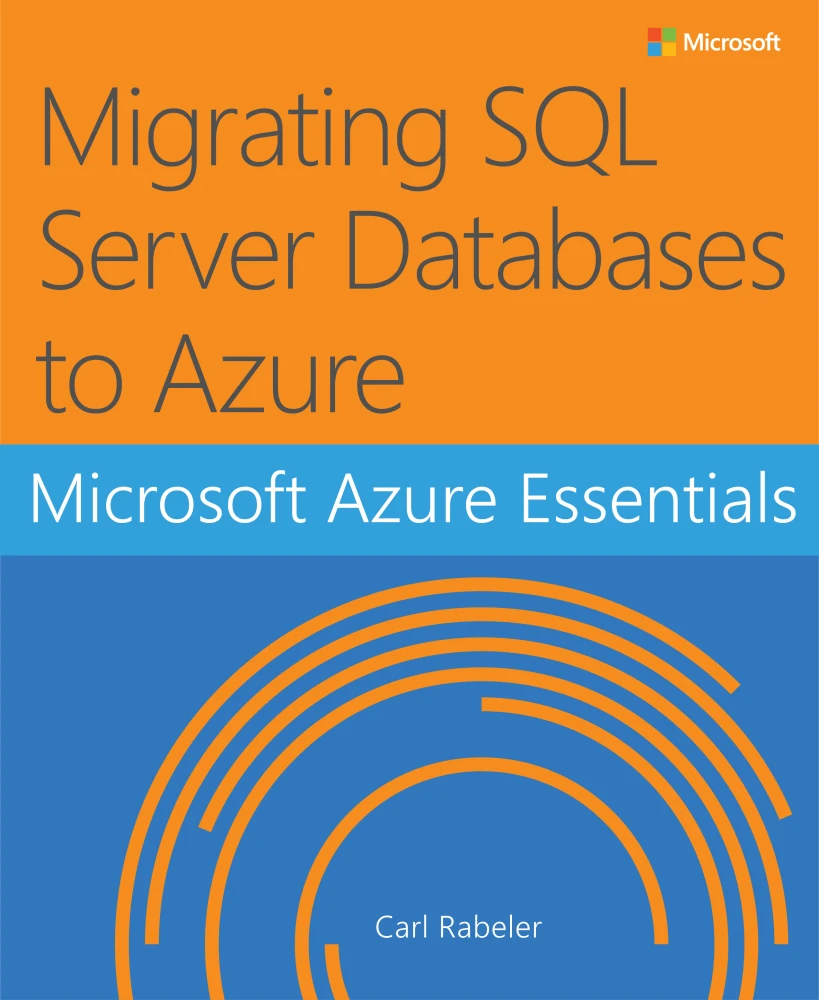
Book Details
| Author | Carl Rabeler |
| Publisher | Microsoft Press |
| Published | 2016 |
| Edition | 1st |
| Paperback | 174 pages |
| Language | English |
| ISBN-13 | 9781509302925 |
| ISBN-10 | 1509302921 |
| License | Open Access |
Book Description
SQL Server is Microsoft's relational database management system (RDBMS). SQL Server can now be hosted entirely in Microsoft Azure, either in a hosted virtual machine (VM) or as a hosted service. Hosting a virtual machine in Azure is known as infrastructure as a service (IaaS), and hosting a service in Azure is known as platform as a service (PaaS). Microsoft's hosted version of SQL Server is known as Azure SQL Database or just SQL Database that is optimized for software as a service (SaaS) app development.
This ebook, Microsoft Azure Essentials Migrating SQL Server Databases to Azure, introduces you to SQL Server in an Azure virtual machine and to Azure SQL Database, and walks you through getting started with each approach. It takes you from creating a SQL Server instance in a virtual machine or as a platform service to migrating an on-premises database into Azure and then to securing the data and the database in Azure.
Beyond the explanatory content, each chapter includes one or more walk-throughs with extensive screenshots so you can follow along and create a trial subscription, create SQL Server in an Azure virtual machine, create an Azure SQL Database, migrate an on-premises database to each Azure environment, create users, back up and restore data, and archive data.
This book is published as open-access, which means it is freely available to read, download, and share without restrictions.
If you enjoyed the book and would like to support the author, you can purchase a printed copy (hardcover or paperback) from official retailers.
Download and Read Links
Share this Book
[localhost]# find . -name "*Similar_Books*"
Azure Machine Learning
This third ebook in the series introduces Microsoft Azure Machine Learning, a service that a developer can use to build predictive analytics models (using training datasets from a variety of data sources) and then easily deploy those models for consumption as cloud web services. The ebook presents an overview of modern data science theory and princ
Fundamentals of Azure, 2nd Edition
Microsoft Azure is Microsoft's cloud computing platform, providing a wide variety of services you can use without purchasing and provisioning your own hardware. Azure enables the rapid development of solutions and provides the resources to accomplish tasks that may not be feasible in an on-premises environment. Azure's compute, storage, network, an
Azure Automation
This ebook introduces a fairly new feature of Microsoft Azure called Azure Automation. Using a highly scalable workflow execution environment, Azure Automation allows you to orchestrate frequent deployment and life cycle management tasks using runbooks based on Windows PowerShell Workflow functionality. These runbooks are stored in and backed up by
Azure Web Apps for Developers
Azure Web Apps is a fully managed platform that you can use to build mission-critical web applications that are highly available, secure, and scalable to global proportions. Combined with first-class tooling from Visual Studio and the Microsoft Azure Tools, the Azure Web Apps service is the fastest way to get your web application to production. Azu
Application Delivery and Load Balancing in Microsoft Azure
With more and more companies moving on-premises applications to the cloud, software and cloud solution architects alike are busy investigating ways to improve load balancing, performance, security, and high availability for workloads. This practical book describes Microsoft Azure's load balancing options and explains how NGINX can contribute to a c
SQL Server Hardware
SQL Server Hardware will provide the fundamental knowledge and resources you need to make intelligent decisions about choice, and optimal installation and configuration, of SQL Server hardware, operating system and the SQL Server RDBMS. Relational databases place heavy demands on their underlying hardware and many of these databases are mission-cri

